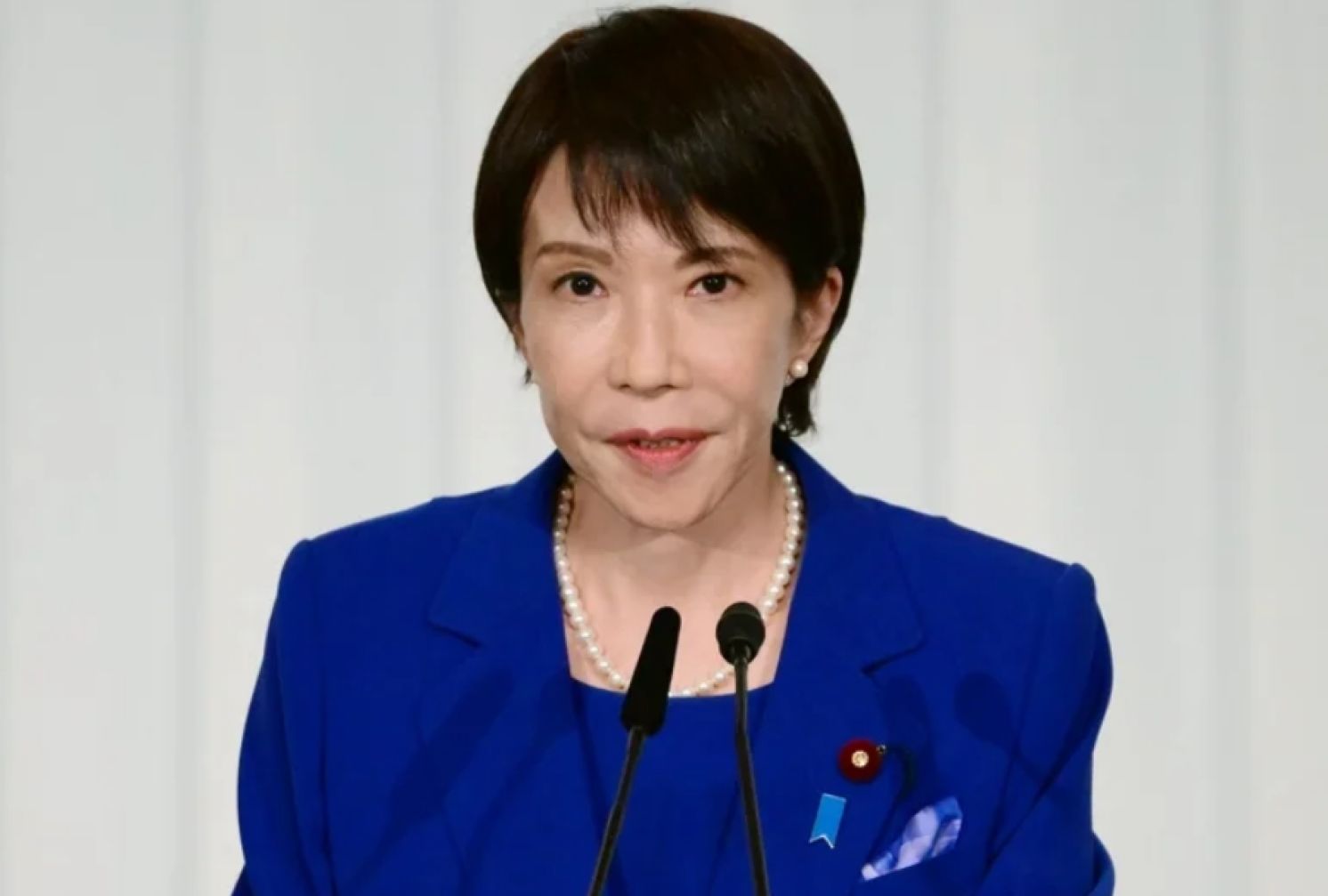
DPP Administration Harbors Excessive Fantasies About Takaichi
By Chang Chun-kai, the Storm Media Opinion, October 6, 2025
Sanae Takaichi was elected as the 29th president of Liberal Democratic Party in Japan and is expected to become prime minister. Since Sanae Takaichi is a loyal successor to Shinzo Abe's line, the Democratic Party government could not hide its joy at Sanae Takaichi's victory. Meanwhile, a new round of idolization has emerged in Taiwan’s public discourse, not only highlighting Ms. Takaichi’s expressed admiration for former President Tsai Ing-wen but also portraying her as a steadfast ally of “resisting China to protect Taiwan.”
Taiwanese public opinion’s “expectation” of Ms. Takaichi stands in sharp contrast to perceptions abroad—a uniquely “Taiwan-style sentimentality” filtered through an emotional lens. Taiwan’s enthusiasm and welcome toward her reflects less a shared strategic worldview and more an almost obsessive attachment to the slogan “an emergency in Taiwan is an emergency for Japan.” The issue, however, is that Prime Minister Abe never publicly made such a statement during his tenure. He even sought to improve relations with China at one point. It was only after the United States turned toward containing China’s rise in the Indo-Pacific region that Abe adopted the anti-China image widely recognized in Taiwan. Even so, it was not until after Abe stepped down that he transformed into a vocal promoter of the “Taiwan contingency.” Yet no matter how heartfelt his statements were, a “former prime minister” and a “sitting prime minister” are fundamentally different. Once Ms. Takaichi assumes the position of prime minister, will she still openly and unreservedly declare that “an emergency in Taiwan is an emergency for Japan”?
Moreover, in Japan’s electoral democracy, the actions and decisions of politicians remain subject to public opinion and constraints. A survey conducted by the Asahi Shimbun in April this year showed that 68 percent of respondents believe Japan’s foreign policy should be more independent from the United States; in the same survey, 77 percent said they believe the United States would not seriously defend Japan in the event of a military crisis.
In addition, a comprehensive poll conducted in 2024 by Japan Press Research Institute found that 83 percent of respondents opposed the participation of Japan’s Self-Defense Forces in a war over the Taiwan issue, while only 12.6 percent agreed that the Self-Defense Forces should fight alongside U.S. forces against China’s military. After President Donald Trump returned to the White House for his second term, public uncertainty in Japan about the United States has indeed grown. Although difficult to quantify precisely, skepticism toward the United States has been spreading in Japanese society, with many believing that Japan should maintain distance from the United States.
Saruta Sayo, a representative of New Diplomacy Initiative, stated that the think tank advocates for Japan to reassess its relationship with the United States and explore the possibility of a diplomatic path that would reduce its dependence on Washington while avoiding war. From the perspective of Japan’s political mainstream, such views may be considered minority opinions. However, appearances do not always reflect reality, and the thinking of many ordinary Japanese people does not necessarily align with the narratives presented in the media.
Whether it is the think tank’s views or recent polling in Japan regarding relations with the United States and the Taiwan issue, both deserve serious attention from Taiwan. Unfortunately, because they are considered “politically incorrect,” these perspectives have been ignored or marginalized in international news coverage. In other words, is the notion of “an emergency in Taiwan is an emergency for Japan” already a firmly established official policy of the Japanese government? Or is it merely a political “password” exchanged between Abe’s faction and the DPP administration—one that does not represent the consensus of Japanese society? Taiwan cannot avoid this question when contemplating its choices between war and peace.
Judging from media reports over the past period, the DPP administration has long placed its bet on Ms. Takaichi. However, whether the DPP’s wish fulfilled will be a blessing for Taiwan—or whether it will drag Taiwan into an even larger geopolitical storm—remains the most overlooked perspective when assessing Ms. Takaichi’s rise to power. From the objective perspective of global developments, Ms. Takaichi’s emergence is actually a product of the global resurgence of right-wing politics. Even in South Korea, under the progressive administration of President Lee Jae-myung, far-right anti-China forces are also stirring. No one can yet predict into what kind of dangerous territory the rise and consolidation of right-wing extremism will push the world.
The author is a senior journalist and executive director of My Native Land Studio.